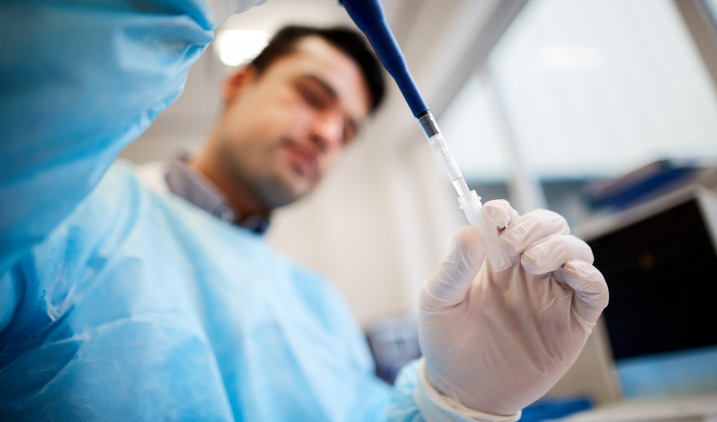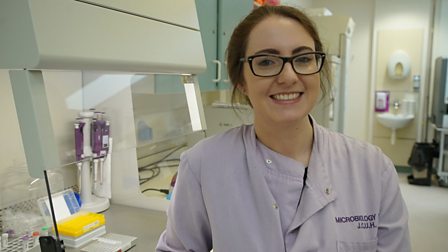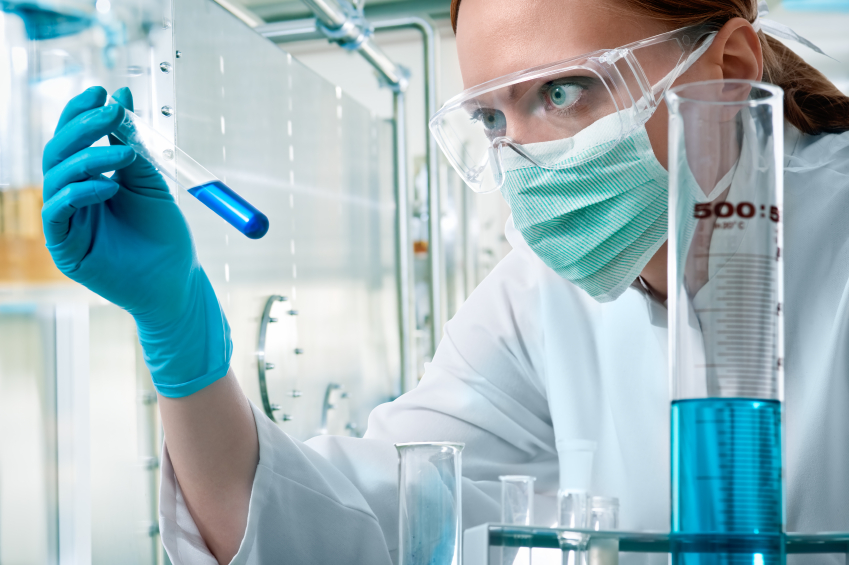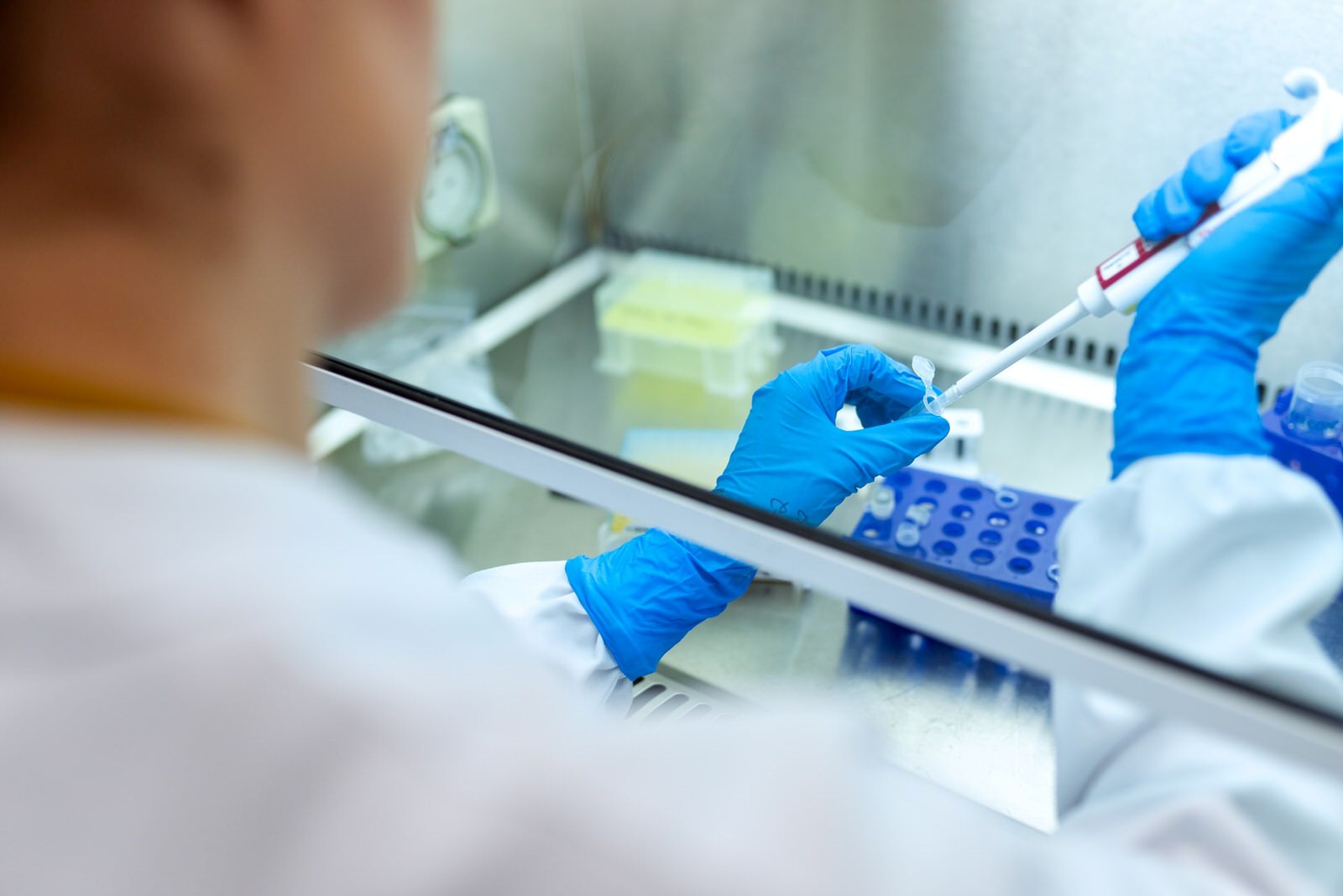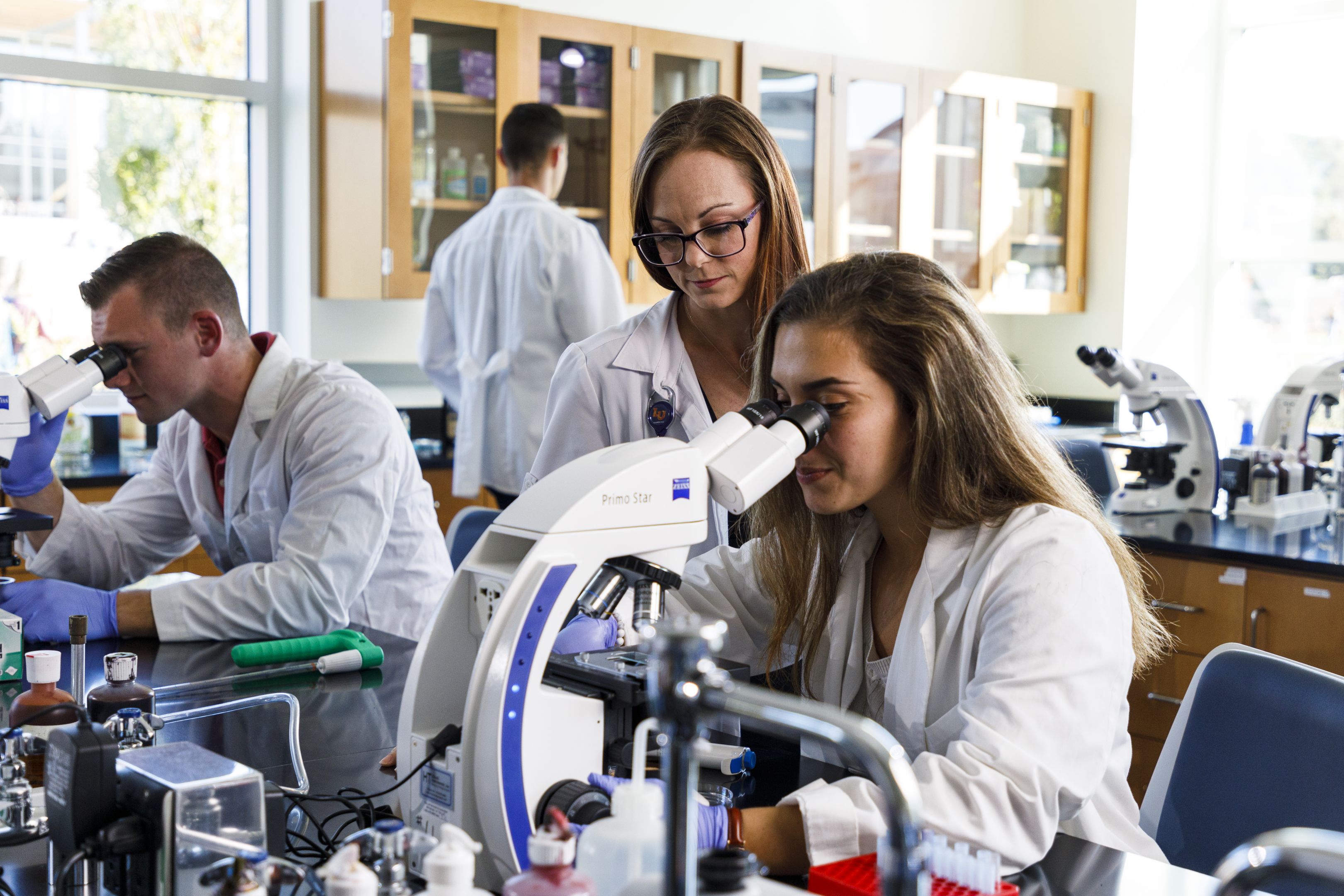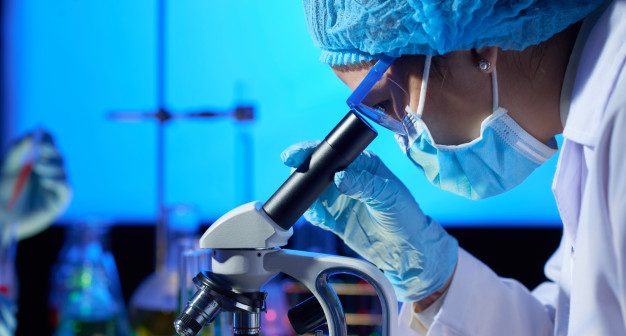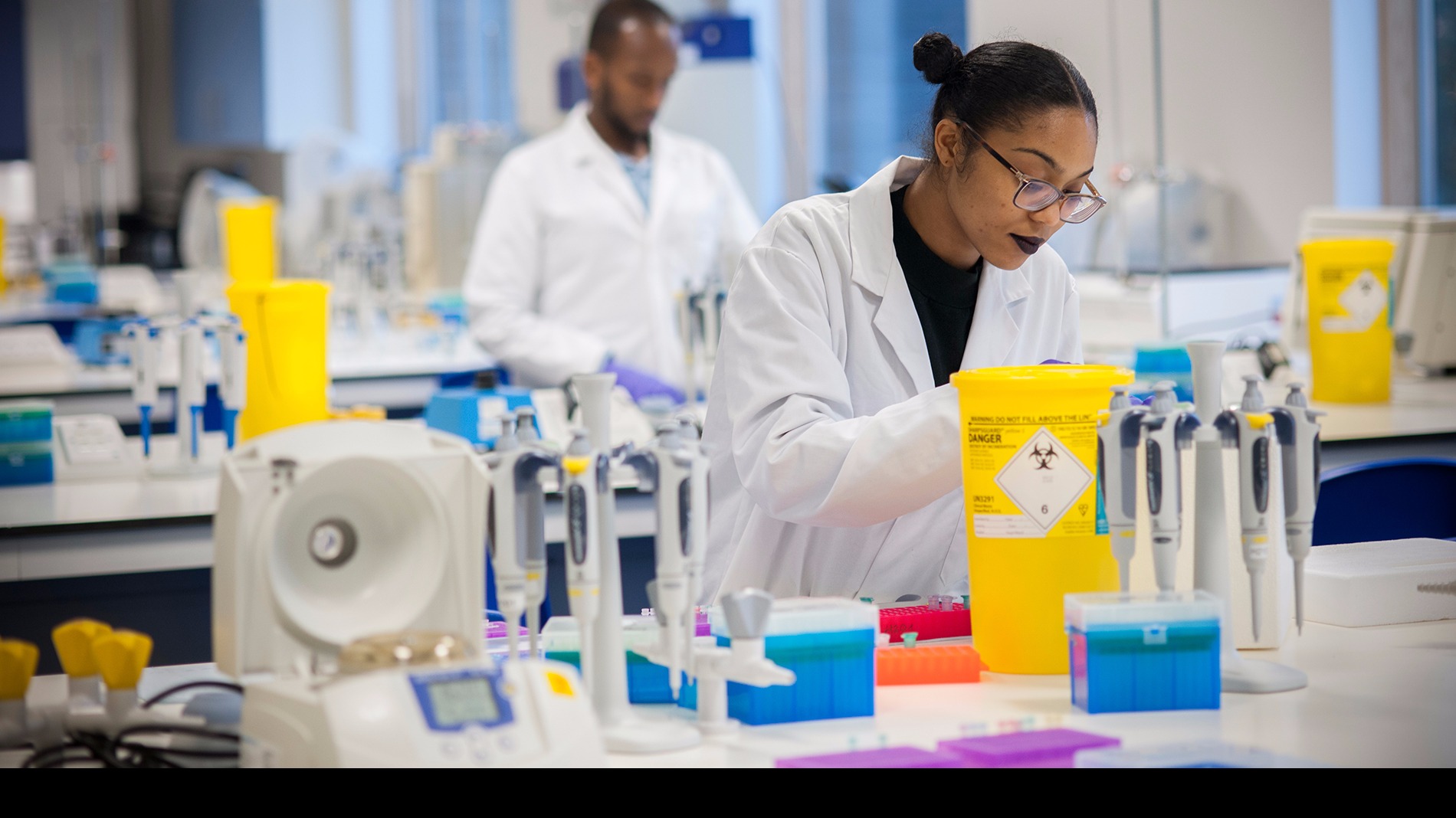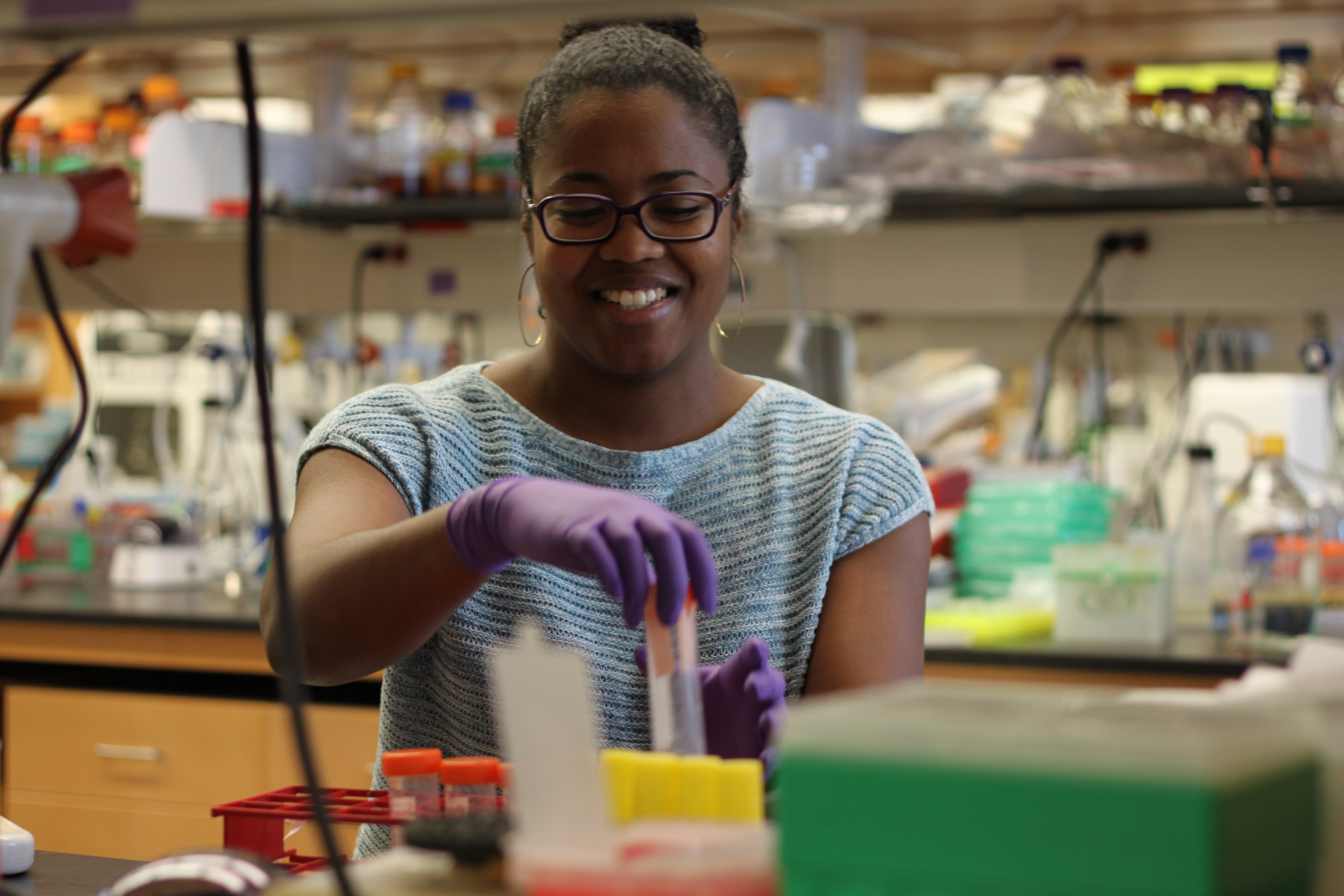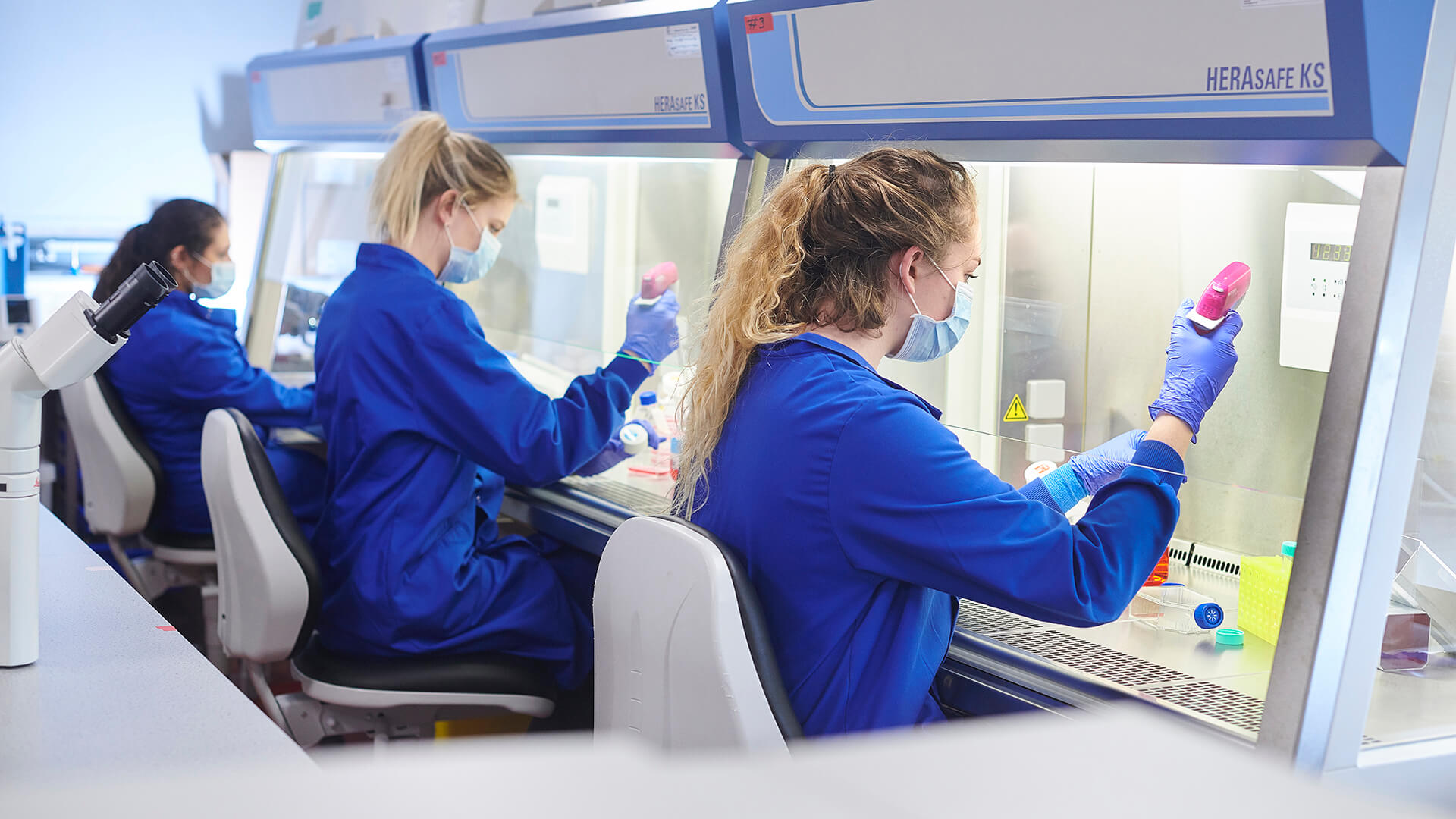Fabulous Tips About How To Be A Biomedical Scientist
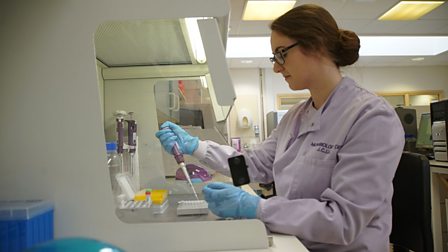
The path to becoming a biomedical scientist is outlined below.
How to be a biomedical scientist. It needs to be accredited by the institute of biomedical science (ibs) and approved by the health and care professions council (hcpc). Comprehensive information on the education required to work in biomedical sciences. How to become a biomedical scientist.
Typically, biomedical scientists pursue bachelor's degrees in biology, but you can also major in. There are currently three main entry routes into becoming a biomedical scientist: How to become a biomedical scientist?
Biomedical science joins the areas of science and medication to zero in on the soundness of both animals and humans. The ability to lead and conduct medical research projects is among the most critical skills for. To become a biomedical scientist you need to earn a bachelor’s degree(bsc) and also choose major science subjects.
To become a biomedical scientist, you need a bachelor’s degree in a scientific subject like biology, biomedical sciences, chemistry, biochemistry,. To become a biomedical scientist, you could complete a bsc (hons) degree in biomedical science accredited by the institute of biomedical science (ibms) or a bsc (hons). To become registered as a biomedical scientist with the hcpc, you need to demonstrate that you meet hcpc standards of proficiency for biomedical scientists.
To become a biomedical scientist, it's important to earn a bachelor's degree after you finish your high school education. The first step to becoming a biomedical scientist is to get your bachelor's degree. You could do a biomedical science degree.
This typically takes four years to complete and there are. How to become a biomedical scientist. Through the nhs practitioner training programme ( ptp) by taking an accredited integrated bsc degree in.


